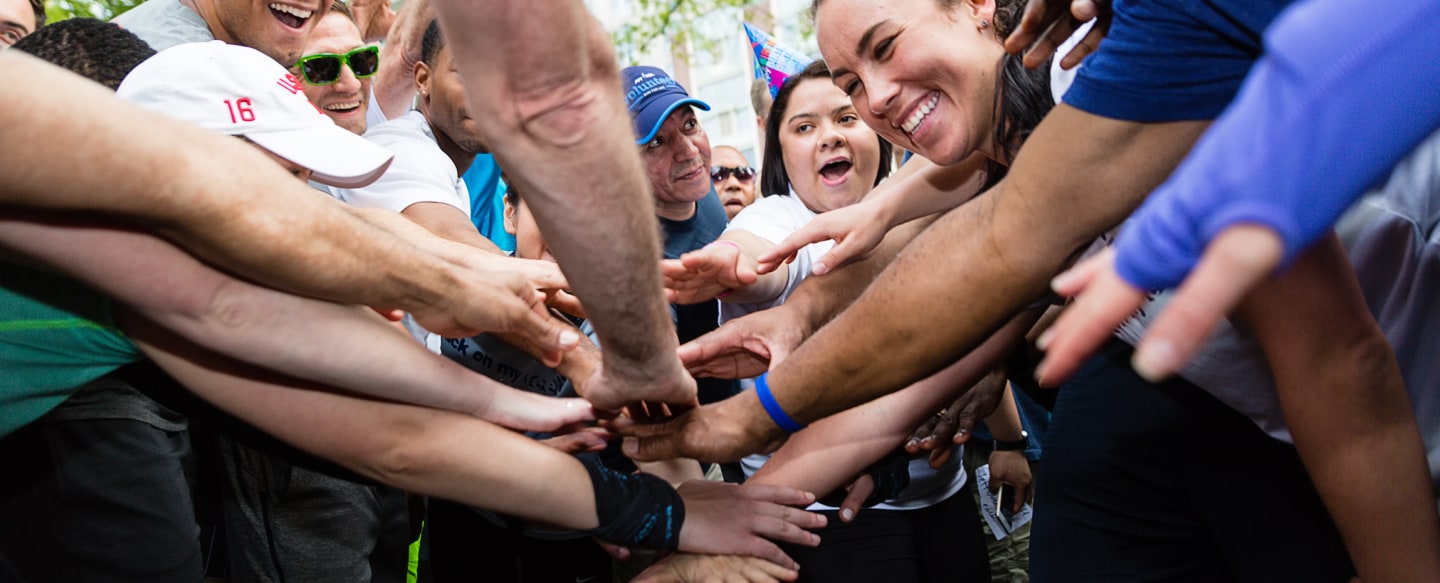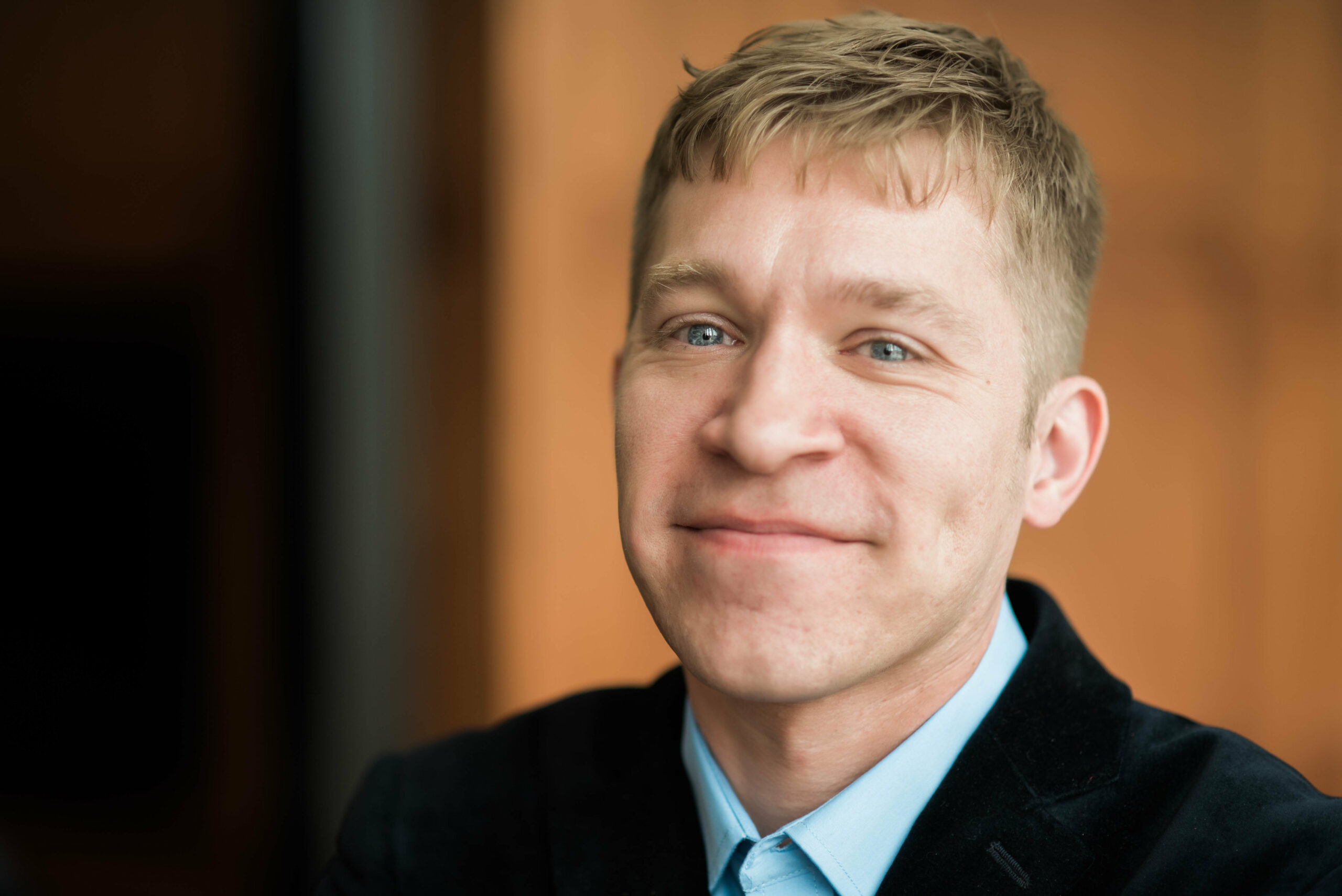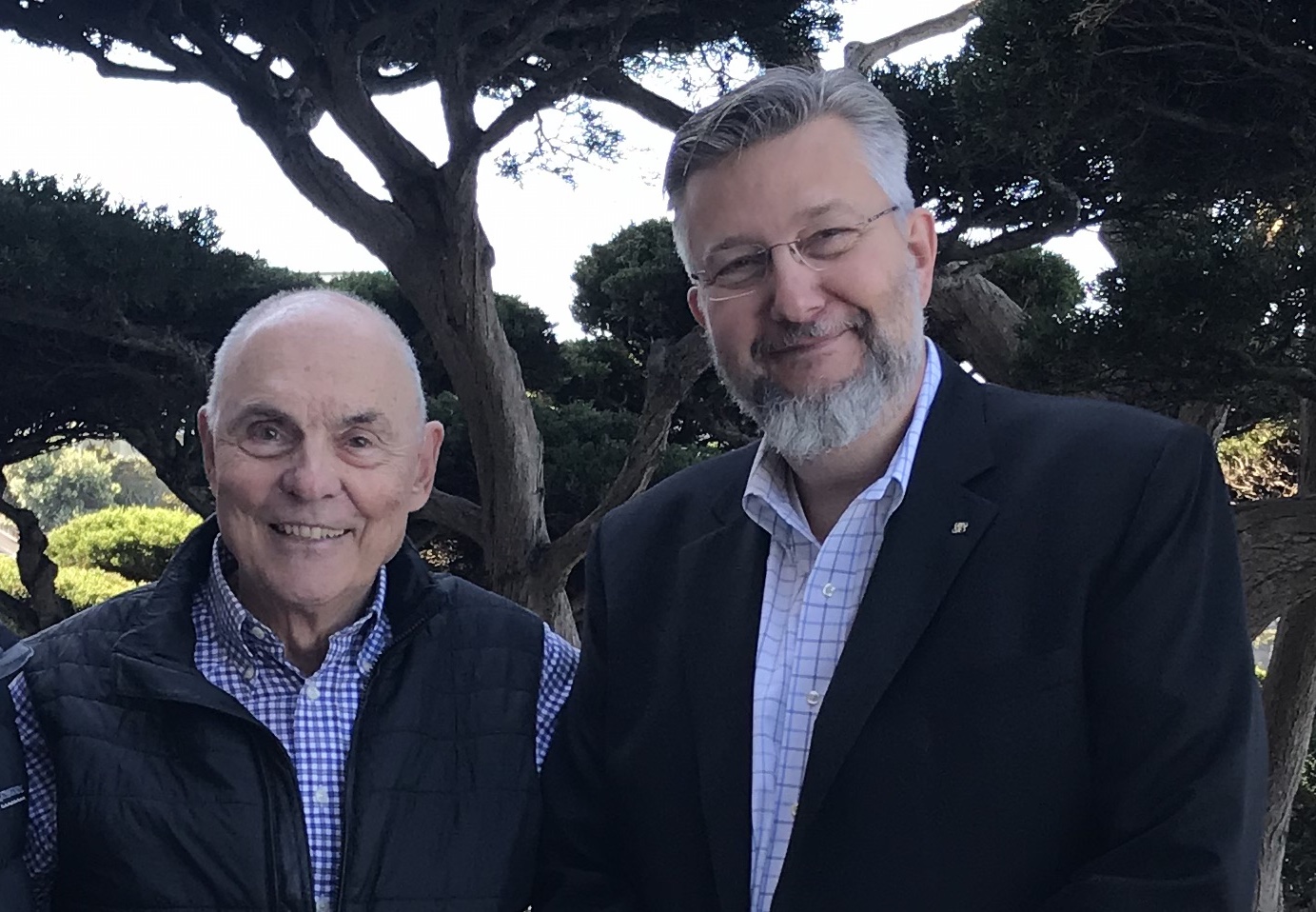Tawni Ferrarini, a senior fellow at the Fraser Institute in Canada and an economics professor at Missouri’s Lindenwood University, has coped with financial calamities and the death of her husband—and used those experiences to bond with others. “Sharing one or both events helps me to connect with students and audiences experiencing their own financial hardships or tumultuous times,” says Ferrarini, who is well known for her work to promote economic education, entrepreneurship, and free markets. She is particularly interested in how financial literacy and sound economic reasoning can help people live personally rewarding lives. Ferrarini tells her story:
The tragedy that changed her life
I was widowed when my husband’s C-130 crashed on November 22, 1996. He was a captain in the Air Force Reserve. Only one of the 11 crew members survived. At that point in my life, I was a trailing spouse, and we had plans to move to Anchorage or Minneapolis. I was working at Lewis and Clark College, and six months after the crash, my contract ended. There was no chance of renewal: I had served as a visiting faculty member while two professors went on sabbatical. My 3-year-old son and I faced an uncertain future, and we went from a two-income household to a zero-income household in a short period of time.
How she found stability
My mentor advised me to find a job, any job, to buy time and figure things out. Family and a job opening at Northern Michigan University attracted me to the Upper Peninsula. I thought it would be a short stop, but I was there almost 20 years, until I left to help Lindenwood University establish a Center for Economic Education. None of this was part of the plan for 20-year-old Tawni—not even close. But budgeting, building a nest egg, having rainy-day savings, investing in my education, and learning to be resilient prepared me to navigate through uncharted territory, find a new place to live, and launch a tenure-track career.
Formidable farm years
The Midwest was home during my early years. Back-to-back recessions in the 1980s claimed our family farm and contributed to my parents’ divorce. With a wiped-out college savings account, I worked my way through college and secured scholarships to earn my bachelor’s degree in math after earning an associate’s degree. From start to completion of my Ph.D., I only borrowed $25,000 dollars. I paid it quickly and was on my merry way.
Grandfather + Math = Ph.D.
My grandfather inspired me to acquire math skills, and I fell in love with geometry in high school. When I was working on my Ph.D. at Southern Illinois University Carbondale, my instructor encouraged me to apply for a fellowship in the Ph.D. program in economics at Washington University. Once I was there, economists such as Doug North, John Nye, and Bob Parks excited me about studying economic history and development.
Why she loves debating about free markets
People are surprised by two things about me. The first is that I’m a blonde mathematician. The other is that I enjoy engaging with hostile but civil opponents of free markets. My goal is to better understand their positions. Once they feel comfortable and heard, I ask if they are interested in my views. Usually, they are. From the start, we search for what we have in common, figure out where we differ, and tease out the reasons why good people come up with differing views. By gently walking them through the decisions that principled, responsible individuals make when freely pursuing their self-interest, they make a connection. They see the link between how free, responsible individuals make the world an increasingly better place to live for everyone regardless of status, gender, income, religion, and countless other differences. This type of personal engagement often leads to an invitation to talk to unions and other groups.
Economic insights from selling jeans
My first job was in retail sales. At age 15 and with a permit to work in hand, I sold Levi’s and other apparel to young people. But working for a paycheck bored me. Instead I looked for ways to improve customers’ experience. On index cards, I wrote down the customer’s name, notes about what he or she favored in style and color, and what would be coming into inventory that fit that person. My sales quickly grew. I became one of the top salespeople at the ripe old age of 16. Why? I was no longer working for a paycheck. Rather, I was involved in helping others find things they wanted. Once I shifted to serving others, my work became rewarding. To this day, I focus on what my students, teachers, and clients value. I still love my profession because it allows me to improve people’s lives. And I earn a paycheck!
Her advice to her 20-year-old self
Budget, save, invest, and prepare for a future of unknowns, twists, and turns. Count on yourself first. Doing so will assist others who lift and help you during crises and uncertain times.
Two books that changed her life
The first is academic: Adam Smith’s The Theory of Moral Sentiments. The second is different versions of the Bible. For different reasons, both remind me that I am mortal and imperfect and that my choices, actions, and plans affect and influence others. Education in a Free Society, a collection of papers written by Benjamin Rogge, Pierre Goodrich, and others is sitting next to me right now. It was published by Liberty Fund in 1973. This collection explores how the capacities to read, write, and reason can best be developed in a society of free and principled individuals.
Her biggest aspiration
Sponsoring a TEDx Talk event and serving as one of the keynote speakers is at the top of my bucket list. This event could focus on the importance of economic education in advancing prosperity through free markets.
The secret to her resilience
To survive life’s twists and turns—and navigate through the exuberant times—I applied practical personal finance to my life, based on sound economic reasoning and the payoffs associated with a marketable postsecondary degree. I’m grateful that I’ve influenced others. Years later, I still hear from people who remember one of my personal stories and my connection between economic reasoning and practical finance and moving on from various hardships or struggles.
Her favorite quote
“Tell me and I forget. Teach me and I remember. Involve me and I learn.” —Benjamin Franklin











